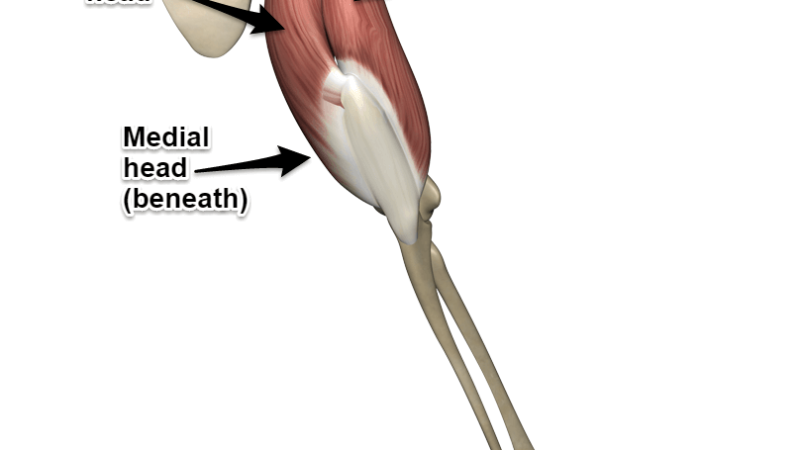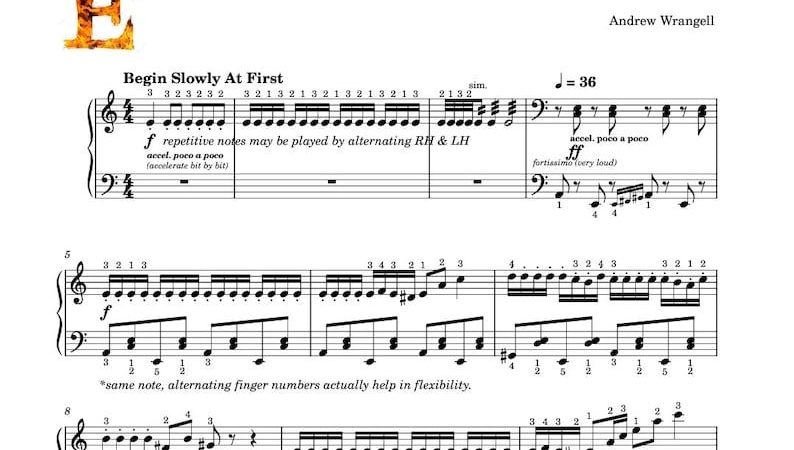How Do You Spell Receipt

Have you ever found yourself staring at the word “receipt” and questioning whether or not you spelled it correctly? You’re not alone. The spelling of “receipt” has been a source of confusion for many people over the years. In fact, the word has undergone several changes in its spelling throughout history, leading to a variety of different spellings used in different countries today. But why does the spelling of “receipt” matter? In this article, we’ll explore the history and evolution of this word’s spelling, as well as its current usage around the world. By the end, you’ll have a better understanding of how to spell “receipt” correctly and why it’s important to get it right.
The History of the Spelling of “Receipt”
Have you ever wondered why the word “receipt” is spelled the way it is? The history of this word’s spelling is quite interesting. In fact, the spelling of “receipt” has evolved over time and has been influenced by different languages.
The word “receipt” comes from the Latin word “recipe,” which means “to receive.” In Middle English, it was spelled as “receite.” However, during the 16th century, there was a trend to spell words more phonetically. As a result, the spelling of “receipt” changed to its current form.
Interestingly, in some countries such as Australia and New Zealand, the word is spelled as “receipt.” However, in other countries like Canada and the United Kingdom, it can also be spelled as “receit.”
Overall, understanding the history of how words are spelled can provide insight into language evolution and cultural influences.
How “Receipt” Is Spelled in Different Countries
Did you know that the spelling of “receipt” varies from country to country? In the United States, it is spelled with a “p” – receipt. However, in countries like Canada and the United Kingdom, it is spelled without the “p” – receit.
In Australia and New Zealand, both spellings are accepted but the most commonly used spelling is without the “p”. Interestingly, in some parts of Scotland and Ireland, it is spelled as “recipe”.
The reason for these differences in spelling can be traced back to the history of the English language and how it evolved over time. It’s fascinating to see how a single word can have different spellings based on geography.
Regardless of how you spell it, one thing remains constant – a receipt serves as proof of purchase or payment. So whether you’re using a receipt to track your expenses or for reimbursement purposes, what matters most is that you have one.
The Most Common Ways to Spell “Receipt”
When it comes to the spelling of “receipt,” there are a few variations that are commonly used. The most common way to spell it is with the letters “r-e-c-e-i-p-t.” However, some people may spell it as “r-e-c-i-p-t” or even “r-e-c-i-e-p-t.”
Despite these variations, it’s important to note that the correct spelling is with the letters “e-i” in the middle. This spelling has been established for centuries and is widely recognized as the standard.
It’s also worth noting that while some people may use alternative spellings, they may not be recognized as correct by certain institutions or organizations. For example, if you were to submit a document with an alternative spelling of “receipt” to your bank or employer, it could be seen as a mistake or even cause confusion.
Overall, while there may be some variation in how people spell “receipt,” it’s important to stick with the standard spelling in order to avoid any potential misunderstandings or errors.
The Evolution of the Spelling of “Receipt”
It’s fascinating to consider how the spelling of words can change over time. The word “receipt” is no exception. Originally, the word was spelled “receite” in Middle English, and it wasn’t until the 17th century that it evolved into its current form.
Interestingly, during this time period, there were many variations in spelling, and even within a single document, you might find several different spellings of the same word. This was due in part to the fact that there were no standardized dictionaries or spelling rules at the time.
As literacy rates increased and printing became more widespread, there was a push towards standardization of spelling. However, even today, there are still variations in how “receipt” is spelled depending on where you are in the world or which dictionary you consult. It just goes to show that language is constantly evolving and changing – something that makes it both frustrating and endlessly fascinating!
Why the Spelling of “Receipt” Matters
As trivial as it may seem, the spelling of “receipt” holds some significance in our daily lives. For one, it is a word that we use frequently when conducting transactions or keeping track of expenses. Using the correct spelling ensures clarity and accuracy in financial records, which is crucial for businesses and individuals alike.
Furthermore, proper spelling reflects attention to detail and professionalism. In written communication, misspelled words can be seen as careless and unprofessional, potentially damaging one’s credibility. This is especially important in the business world where first impressions matter.
Lastly, understanding the history and evolution of the spelling of “receipt” can provide insight into language development and cultural influences. It is fascinating to see how a simple word has changed over time and across different regions.
In conclusion, while it may seem like a small matter, the correct spelling of “receipt” holds importance in both practical and professional settings. It also offers an interesting glimpse into language evolution and cultural influences.
Conclusion
In conclusion, the spelling of “receipt” has a long and interesting history that spans across different countries and languages. While there are variations in how it is spelled, the most common ways to spell it include “receipt” and “receit.” The evolution of its spelling reflects changes in language over time, as well as cultural influences. Ultimately, the correct spelling of “receipt” matters because it helps us communicate effectively and avoid confusion. Whether you’re writing a formal document or simply jotting down a note, taking the time to spell words correctly is an important part of being an effective communicator.






